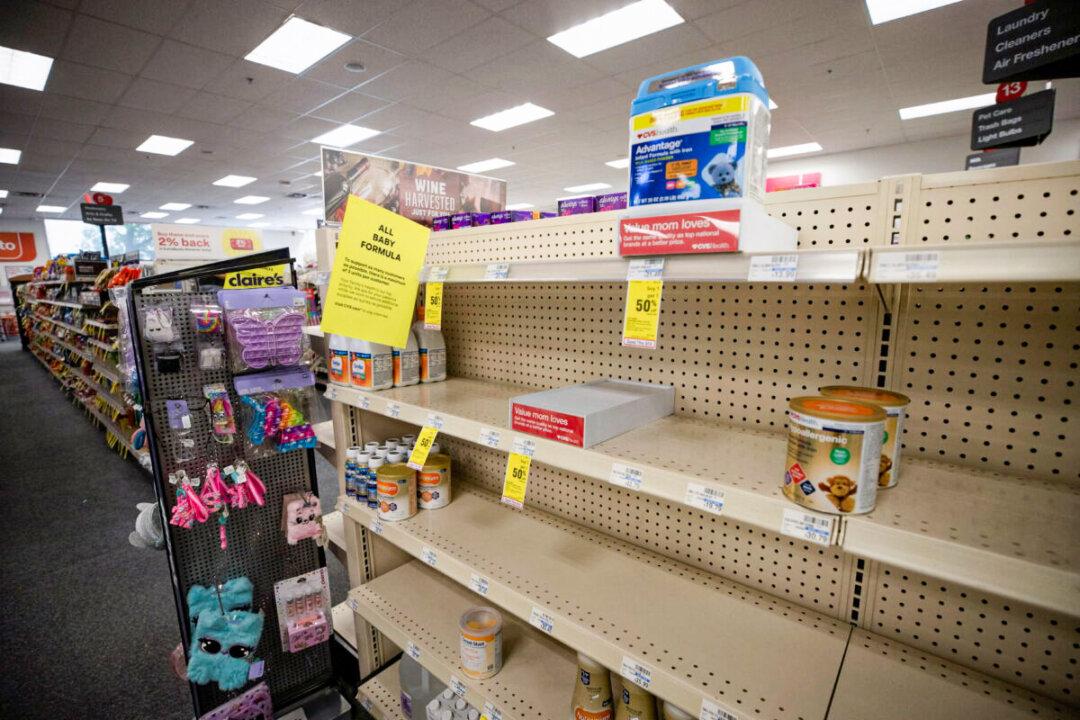As surreal as it may be to contemplate today, four decades ago, international regulators were unrelenting in their crusade to get baby formula manufacturers to cease dispensing free samples of their products to mothers.
What would millions of American parents not give today for some free formula for their infants, at a time when in sizable regions of the country more than 90 percent of formula products are only available sporadically, and stories abound of panicked mothers visiting store after store after store only to discover empty shelves.





